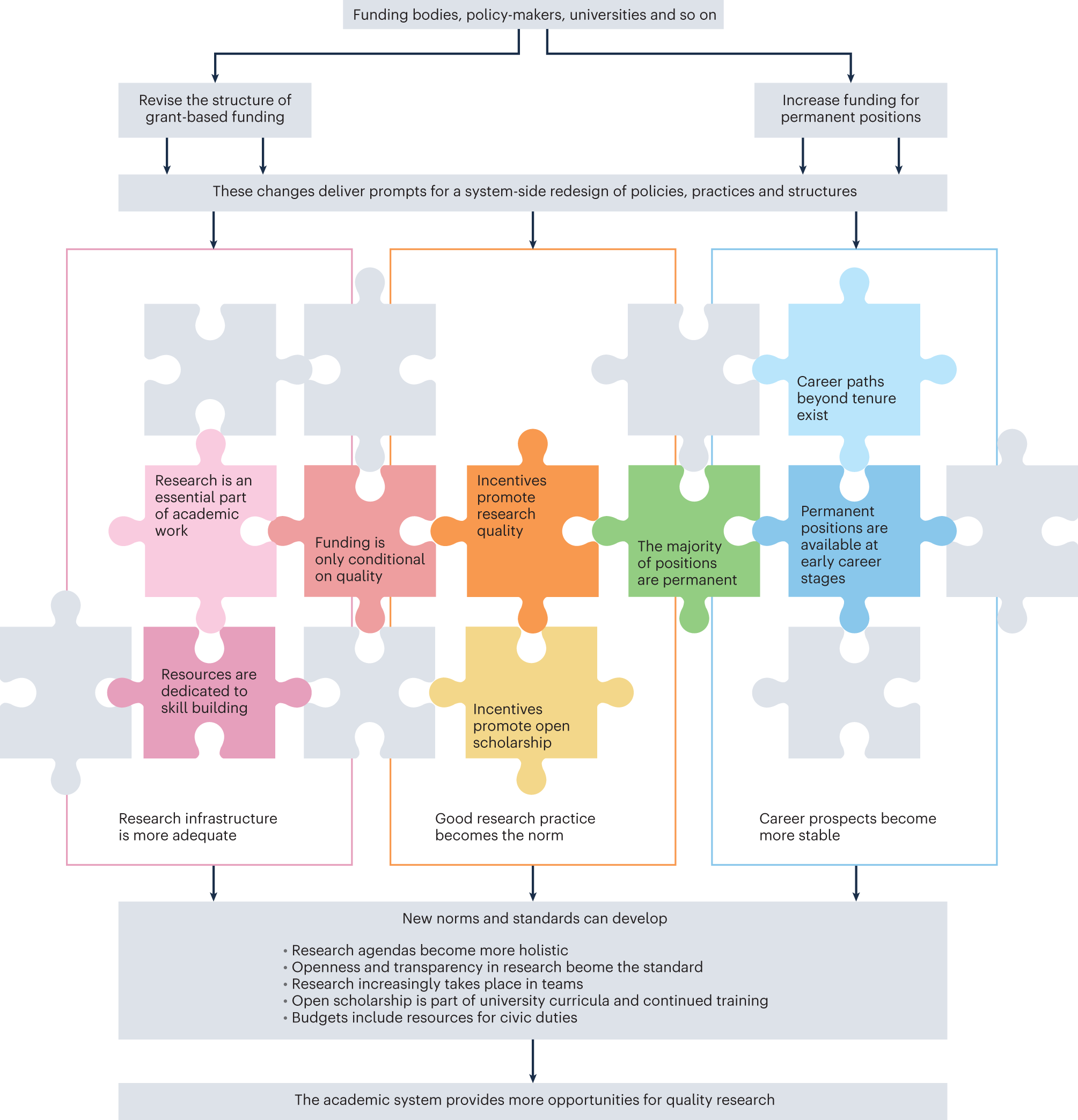Docentra: Bridging the Gap Between Learning Success and Easy Access
Where to Find Top Notch Academic Resources for Your Study
Determining premium scholastic resources is vital for extensive research study, yet browsing the huge landscape of offered products can be intimidating. Additionally, on-line academic databases like JSTOR and PubMed accumulated academic posts, while open access journals give even more comprehensive accessibility to research findings. Recognizing just how to utilize these resources successfully might considerably impact your research results.
University Libraries

Beyond physical collections, university collections usually supply specific study support, including appointments with curators that have subject experience (Docentra). This support can substantially improve the effectiveness and effectiveness of the research study process, enabling users to navigate intricate information landscapes with higher convenience
In addition, numerous libraries provide accessibility to rare and archival products, which can be indispensable for innovative research tasks. Such distinct sources frequently consist of key records, manuscripts, and historical collections that are not conveniently offered somewhere else.
Moreover, college collections regularly organize workshops and workshops focused on improving info literacy skills. These efforts empower trainees and faculty to critically evaluate resources, an essential skill in today's information-rich setting. Overall, university collections not only offer as repositories of expertise however also act as dynamic hubs that foster scholastic development and innovation.
Online Academic Databases
In the world of academic research study, online scholastic databases play an essential role in offering pupils and scholars with immediate access to a wide range of scholarly posts, journals, and various other crucial sources. These electronic repositories work as central systems where customers can effectively look for peer-reviewed literature throughout numerous self-controls.
Popular databases such as JSTOR, PubMed, and Scopus host considerable collections that cover a wide range of subjects, from the humanities to the scientific researches. Docentra. By employing innovative search functionalities, scientists can fine-tune their inquiries, filter results by publication date, and access citation devices, consequently boosting the study procedure's efficiency and accuracy
Moreover, lots of data sources use attributes like informs for brand-new publications and the capability to save and organize short articles, additionally enhancing the study experience. Registrations to these databases are often provided through academic institutions, providing pupils and faculty participants unlimited accessibility to costs web content.
Open Access Journals
Increasingly, researchers are turning to open up gain access to journals as a complementary source to conventional scholastic data sources. These journals provide a valuable system for distributing study searchings for without the economic obstacles commonly connected next page with subscription-based publications. Open up gain access to models permit free online access to scholarly short articles, ensuring that study comes to a larger target market, consisting of practitioners, policymakers, and the basic public.
The quality of open gain access to journals has considerably improved, with many adhering to extensive peer-review procedures and being indexed in credible data sources. This change has promoted higher transparency and partnership in the academia, as researchers can share their work much more easily and get comments from diverse point of views.
Moreover, the expansion of open gain access to journals straightens with the global movement towards open science, promoting the concept that publicly financed research study must be openly available to all. Researchers seeking high-grade academic resources ought to consider trustworthy open gain access get redirected here to journals, such as those provided in the Directory of Open Access Journals (DOAJ) or those published by recognized academic cultures. By integrating open accessibility journals right into their research methods, scholars can enhance the exposure and effect of their job.
ResearchGate and Academia.edu
ResearchGate and Academia.edu have actually emerged as critical platforms for scholastic networking and expertise sharing, with millions of researchers leveraging these sites to distribute their job and get in touch with peers. Both platforms enable individuals to create profiles that display their magazines, research study rate of interests, and academic success, helping with better presence within the academic community.
ResearchGate, founded in 2008, concentrates on promoting cooperation amongst scientists via attributes such as research collaboration tools, project sharing, and question-and-answer forums. Users can post their documents, participate in conversations, and comply with the work of others, boosting the joint potential of their study. The platform also provides metrics theoretically exposure and downloads, enabling scientists to assess the effect of their work.
Academia.edu, launched in 2008 too, runs similarly but emphasizes the sharing of scholastic documents. Users can adhere to details study topics and obtain updates on brand-new publications within their areas of passion. Furthermore, Academia.edu offers analytics on reader interaction, assisting researchers comprehend their audience much better.
Both platforms serve as valuable sources for accessing high-grade academic material and cultivating links that can cause impactful partnerships.
Google Scholar and Beyond
Academic networking systems like ResearchGate and Academia.edu discover this info here play a significant duty in distributing study, yet Google Scholar supplies a different dimension by working as a comprehensive internet search engine for scholarly literature. It indexes a large selection of sources, including peer-reviewed write-ups, theses, books, seminar process, and licenses, making it an invaluable tool for researchers throughout disciplines.
Google Scholar offers numerous attributes that improve study performance. The citation monitoring feature permits users to see just how commonly a paper has actually been cited, supplying insights right into its effect within the scholastic community. Furthermore, the "associated short articles" function aids scientists uncover comparable researches, facilitating a more complete expedition of a topic.

Verdict
In verdict, accessing high-quality academic sources is essential for extensive research study. College collections provide extensive collections and experienced support, while on-line scholastic databases such as JSTOR and PubMed centralize scholarly short articles. Using these sources jointly can dramatically boost the top quality and deepness of scholastic research.